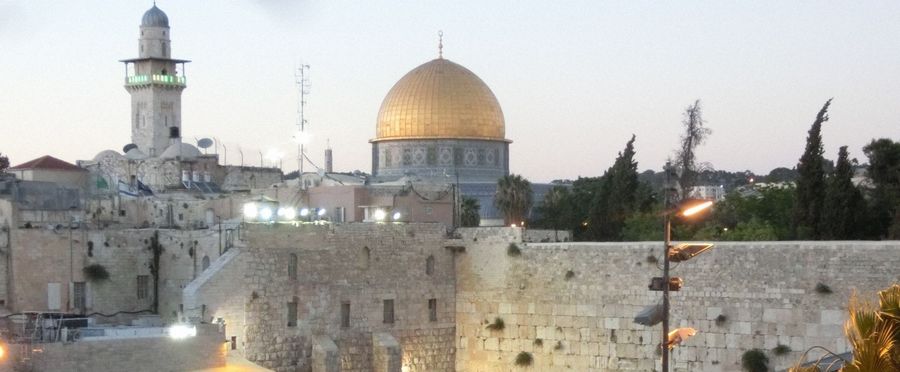This article delves into the complex nature of Israel's ongoing conflicts, despite the nation's own grim history associated with mass killings. It tackles the question of why conflicts persist, probing into historical context, peace negotiation efforts, and various ideologies at play. The story doesn't shy away from the grueling realities; instead, it spotlights them in the pursuit of understanding this continuous cycle of strife.
Japanese society generally maintains anti-war values, largely stemming from the nation's devastating experiences during World War II. This topic is therefore heavily scrutinized in Japan, with many people intrigued as to why a nation, like Israel, that has been through such atrocities, continues to face conflict. The societal interest lies in understanding the roots of this problem and ways to propose viable solutions or contribute to peace-making processes.
In the US and EU, these issues are also of major concern and often spark numerous debates. However, while Japan's involvement is more on the diplomatic and peace negotiation front, the US and EU have a more direct involvement due to their political, strategic, and military interests in the Middle East.

